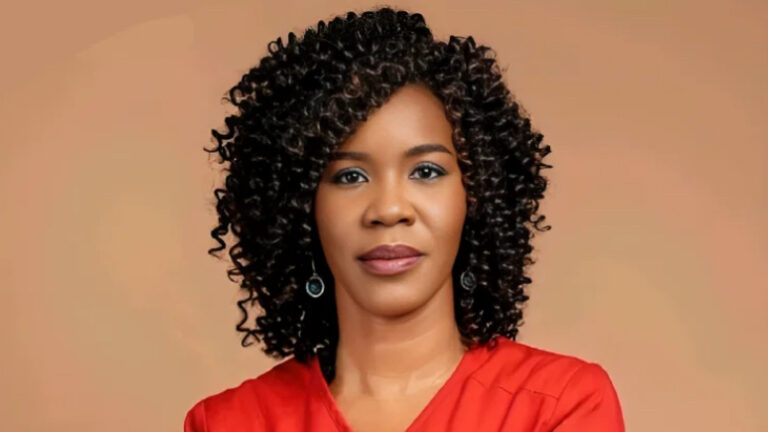Miriam Mutebi shared a post on LinkedIn:
“Today I want to speak on caregivers, and how they play a vital role in the cancer care journey.
Caregivers, especially in Africa, often carry this immense responsibility with quiet strength. Their dedication, though crucial, is frequently overlooked and undervalued, even as they provide unwavering, round-the-clock support for their loved ones.
In many clinics, patients are accompanied by family members who shoulder the burden of care. These caregivers navigate both practical & emotional challenges, serving as the crucial link between patients and the healthcare system. To support them effectively, we must focus on:
➡ Health Literacy and Clear Instructions: Caregivers must receive clear, concise instructions to effectively support their loved ones. By empowering them with health literacy, we ensure they can understand medical information and assist in the care process confidently. It is important not to be dismissive of caregivers because they are often the ears and eyes of our patients laboring to explain treatments and strategies to the patient and the extended family long after the clinical team has left.
➡ Acknowledging Psychological Stress: The emotional strain on caregivers can be profound, leading to burnout and fatigue. This stress often manifests as feelings of guilt or frustration. This may arise due to impatience with the patient or frustration of having to put their lives on hold, and then feeling guilty about these emotions afterwards. Recognizing and addressing these emotional challenges is essential for their well-being.
➡ Team Support and Breaks: Caregivers need time to manage their own lives and recharge. It’s important to structure patient care in a way that allows them regular breaks. This can be facilitated by involving other family members or providing support from the healthcare team.
➡ Engaging Caregivers in the Process: Caregivers should be encouraged to be active participants in their loved one’s care. Open communication between caregivers and healthcare providers ensures they are well-informed and involved in supporting decision-making.
➡ Family Support: Other family members need to share the caregiving responsibilities. Offering practical help, such as spending time with the patient or giving them a break, can ease the primary caregiver’s burden.
➡ Managing Anxiety and Guilt: Caregivers often struggle with anxiety and guilt, whether related to the uncertainty of the disease process or their role. Providing access to counseling and mental health support is crucial to help them manage these feelings.
We must acknowledge caregivers for their immense efforts, giving them the tools and support they need, and ensuring they are integral to the care process.
By addressing their needs and integrating caregivers into the care team, we enhance their experience and, consequently, the care they provide to their loved ones –and even sometimes; to our loved ones.”
Source: Miriam Mutebi/LinkedIn
Miriam Mutebi is a Breast Surgical Oncologist and Assistant Professor in the Department of Surgery at the Aga Khan University Hospital in Nairobi, Kenya. She is also the Vice-President of East Africa of the African Organization for Research and Training in Cancer (AORTIC), treasurer for the Kenya Society of Hematology and Oncology (KESHO) and on the Board of Directors of the Union for International Cancer Control (UICC). She is the co-founder of the Pan African Women’s Association of Surgeons and is part of the Kenya Association of Women Surgeons. She is an avid supporter for the education and support for women, especially in surgery and she aims to provide mentorship for women in surgery and to improve women’s health and surgical care in Africa. She is currently pursuing a pilot’s license in order to extend breast care services to marginalized areas.



